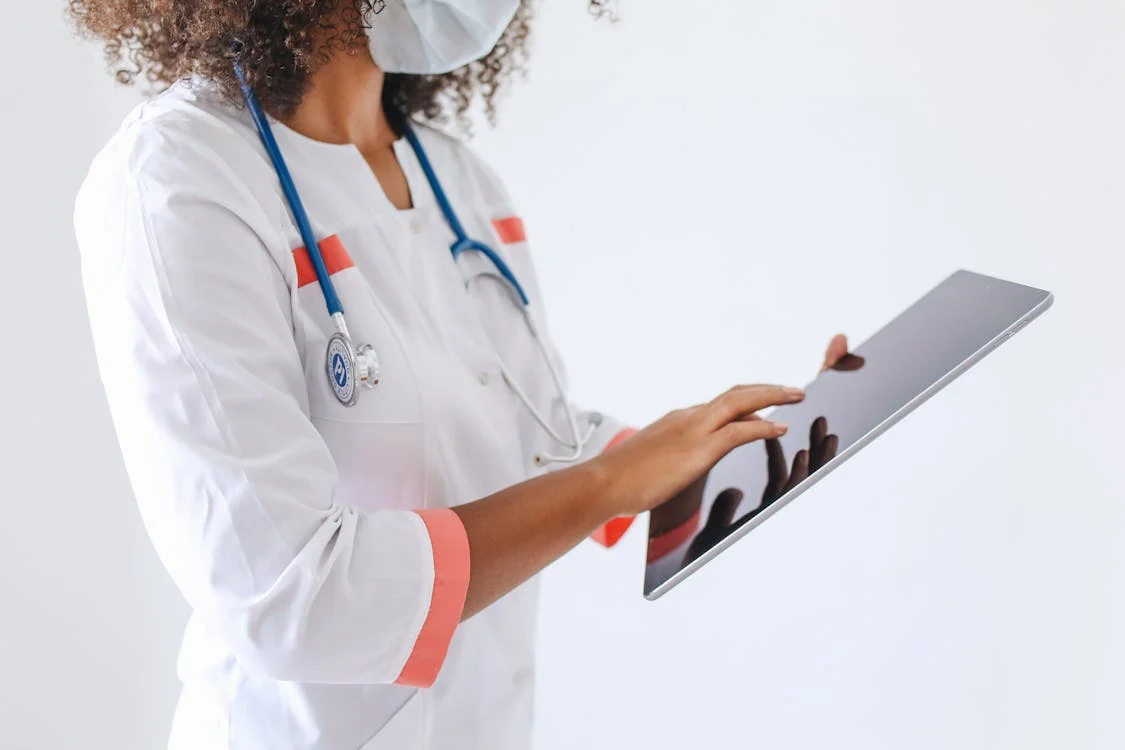Smart Computers Help Doctors: New Ways to Spot Illnesses in 2025
Imagine a future where illnesses are detected in their earliest stages, often before symptoms even appear. This isn't science fiction; it's the rapidly approaching reality powered by smart computers and artificial intelligence. In this article, we'll explore the groundbreaking advancements in healthcare technology that are poised to revolutionize how doctors diagnose and treat diseases in 2025 and beyond, offering a glimpse into a healthier tomorrow.
- Alice Monroe
- May 16, 2025
- 0 Comments
- 2646 Views
Artificial intelligence is an essential tool in the field of health today. Using advanced algorithms and machine learning (machine learning), computers can analyze millions of medical data points in record time. Specialized software can examine medical images (X-rays, MRIs, scanners) and detect anomalies invisible to the human eye. For example, at the very beginning of this year, AIs like ChatGPT Med or DeepMind Health are being used in hospitals to assist doctors in the early detection of cancers, heart diseases, and neurological disorders. These tools help to reduce diagnostic errors and improve treatments.
Furthermore, medical monitoring is being revolutionized by wearable devices and connected objects. This year, many patients wear smartwatches, bracelets, or implants capable of continuously measuring vital parameters such as heart rate, blood pressure, glucose levels, and blood oxygenation. This information is sent in real time to doctors, who can detect early signs of diabetes, hypertension, or heart problems. The objective is to prevent rather than cure, by alerting the patient before a critical situation arises. This is highly effective.
Surgery has also significantly grown in recent years, using intelligent robots. Machines like the Da Vinci robot will surely assist surgeons in complex operations, providing extreme precision and reducing the risk of complications. In addition, medical robots help in the care of patients suffering from neurodegenerative diseases such as Alzheimer's or Parkinson's. Some robots even accompany the elderly with medical monitoring and daily support.
Intelligent computers can’t replace doctors, right? But they become valuable allies in improving disease detection, treatment, and prevention. Thanks to artificial intelligence, connected objects, and predictive analyses, medicine in 2025 is more precise, faster, and efficient.

 | Unlock Success with Our Guide
| Unlock Success with Our Guide



0 Comments